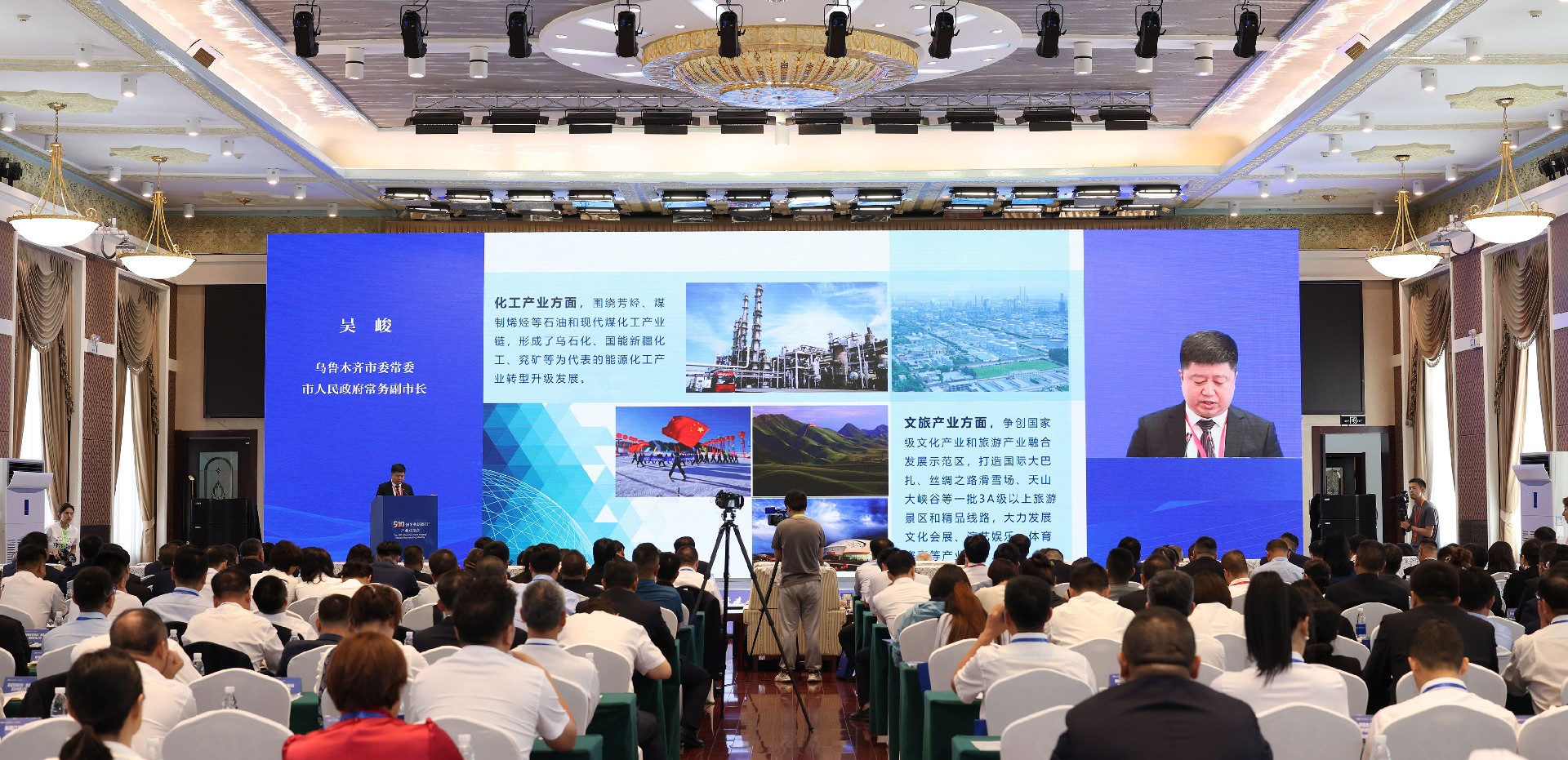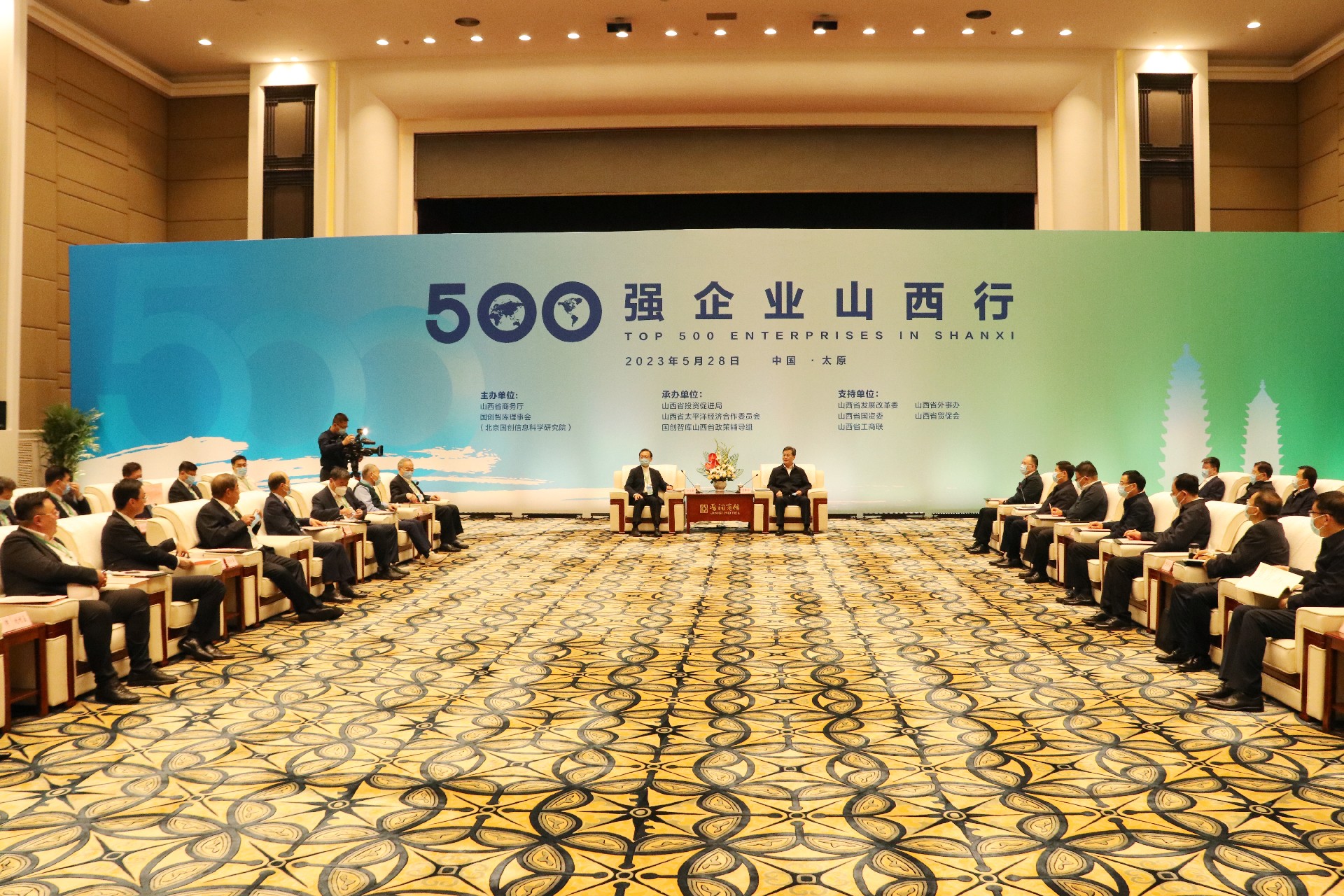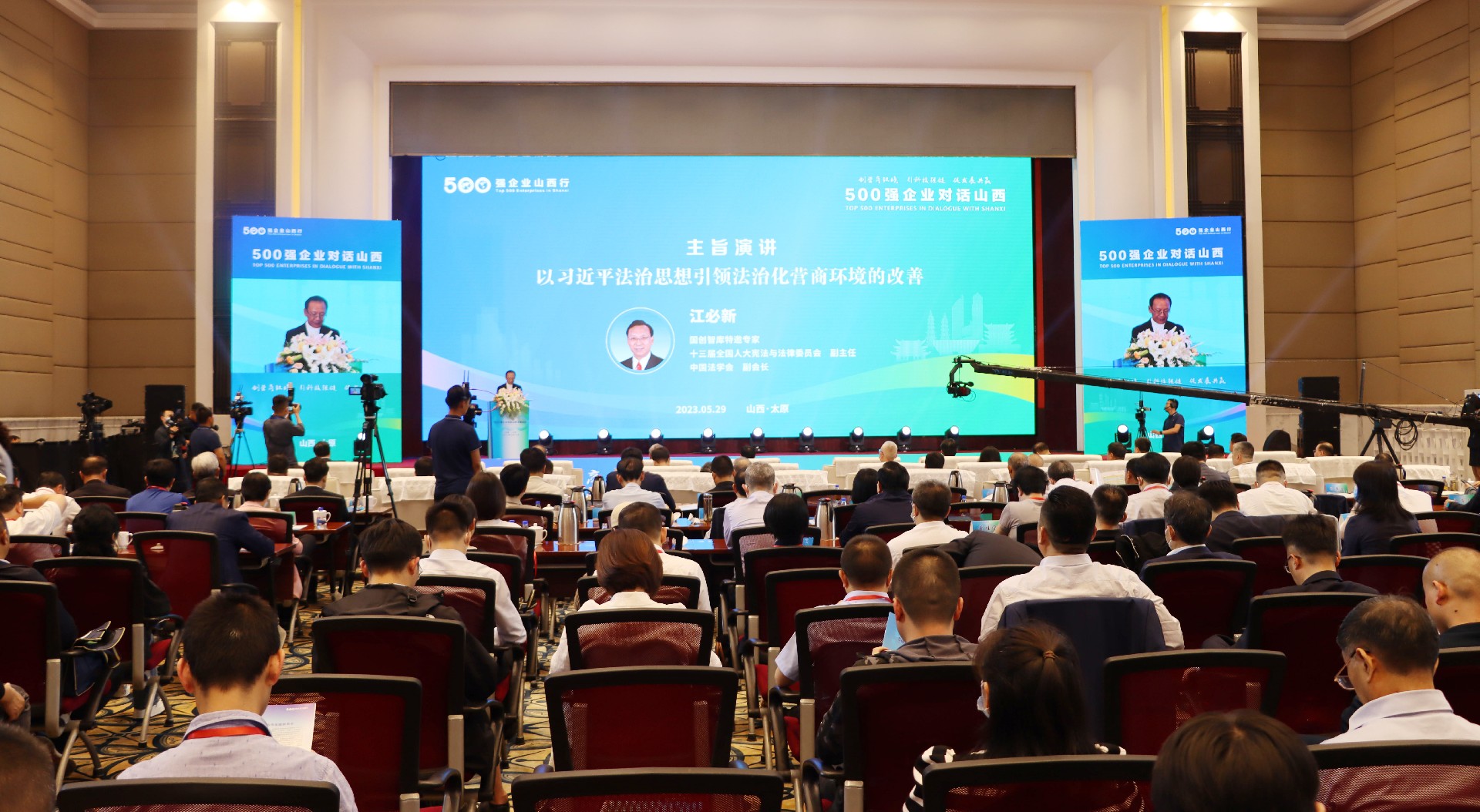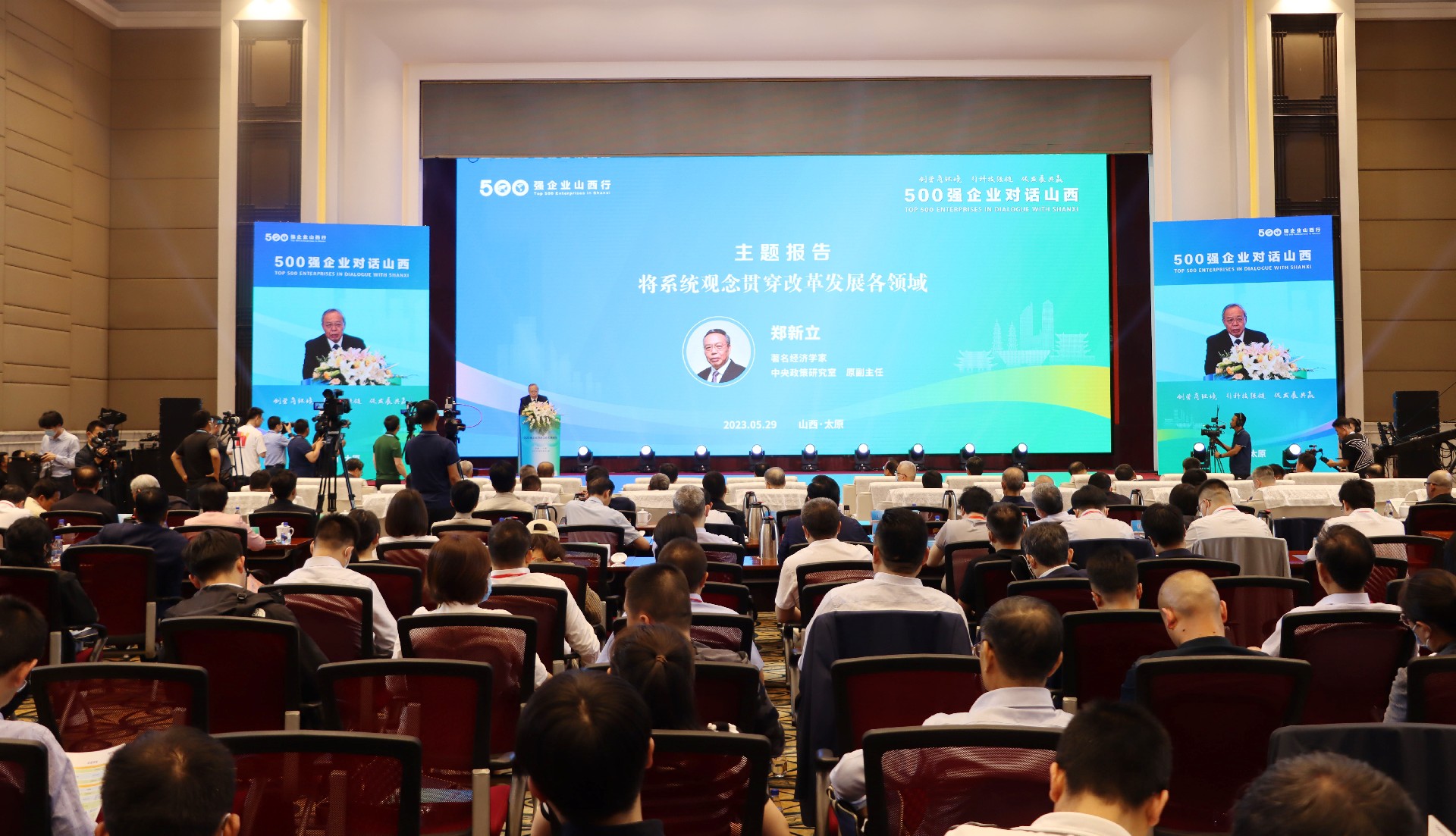随着全球化的根基动摇,欧洲企业在华面临着前所未有的挑战和机遇。为了保障其在中国市场的发展以及在全球舞台上的竞争地位,欧洲企业需要根据自身情况,选择合适的战略,以应对不确定性和风险。
As the foundation of globalization is shaken, European enterprises in China are facing unprecedented challenges and opportunities. In order to safeguard their development in the Chinese market and their competitive position on the global stage, European enterprises need to choose appropriate strategies according to their own situations, to cope with uncertainty and risk.
欧洲企业在华的战略选择可以分为五种类型,分别是“观望”、“变身”、“灵活架构”、“重注中国”和“结伴出海”。这些战略选择反映了欧洲企业对中国市场的不同态度和期待,也体现了欧洲企业在全球化变局中的不同应对方式。
The strategic choices of European enterprises in China can be divided into five types, namely, “wait and see”, “change identity”, “flexible structure”, “focus on China” and “go abroad together”. These strategic choices reflect the different attitudes and expectations of European enterprises towards the Chinese market, as well as the different ways of coping with the changing globalization.
“观望”战略是一种保守的策略,适用于在华业务规模较小或者发展受限的欧洲企业。这些企业倾向于采取纯出口模式,减少在华投资和生产,以降低风险,但也放弃了中国市场的机遇和未来可能的市场份额。例如,荷兰的Stellantis集团将Jeep品牌的本地制造工厂关闭,并采取“轻资产、轻足迹”的商业模式,销售纯进口版Jeep品牌车型。
“Wait and see” strategy is a conservative strategy, suitable for European enterprises with relatively small or limited business in China. These enterprises tend to adopt a pure export mode, reduce investment and production in China, to reduce risk, but also give up the opportunities and potential market share of the Chinese market. For example, the Dutch Stellantis Group closed its local manufacturing plant of Jeep brand, and adopted a “light asset, light footprint” business model, selling pure imported Jeep brand models.
“变身”战略是一种转型的策略,适用于在华业务规模较小、技术敏感度较低的欧洲企业。这些企业可以考虑将在华产业出售给中国本土企业,实现中外分离,由“控股主导”退居为“幕后赋能”。这种变身战略使新公司能够本地化管理,并根据本地市场需要发展业务。例如,美赞臣将在华业务出售给中国春华资本集团,构建了“新美赞”模式。这种模式下,企业保留了未来在时局稳定时加码中国市场的选择权。
“Change identity” strategy is a transformation strategy, suitable for European enterprises with relatively small business scale and low technology sensitivity in China. These enterprises can consider selling their industries in China to local Chinese enterprises, achieving separation between Chinese and foreign, and retreating from “holding dominant” to “behind-the-scenes empowerment”. This transformation strategy enables the new company to manage locally and develop its business according to local market needs. For example, Mead Johnson sold its business in China to China Spring Capital Group, creating a “new Mead Johnson” model. Under this model, the enterprise retains the option of increasing its investment in the Chinese market when the situation is stable.
“灵活架构”战略是一种平衡的策略,适用于业务内容敏感、不适合外包的欧洲企业。这些企业可以灵活地将部分研发、采购、生产等环节本地化,以平衡中美要求,避免受限制。这种策略需要企业审查技术和法律法规,以及与本地合作伙伴建立良好的关系。例如,法国空客在中国成立研发中心,选择在氢能源领域开展合作,符合中国支持高新产业的政策。
“Flexible structure” strategy is a balanced strategy, suitable for European enterprises with sensitive business content and not suitable for outsourcing. These enterprises can flexibly localize some of the research and development, procurement, production and other links, to balance the requirements of China and the United States, and avoid being restricted. This strategy requires enterprises to review technology and legal regulations, as well as establish good relationships with local partners. For example, French Airbus established a research and development center in China, and chose to cooperate in the field of hydrogen energy, in line with China’s policy of supporting high-tech industries.
“重注中国”战略是一种积极的策略,适用于在华业务规模较大的欧洲企业。这些企业可以通过将研发、采购、生产等环节本地化,实现业务链条闭环,降低地缘政治和贸易冲突的风险。这种策略需要企业加大对中国市场的投入和创新,以适应中国市场的需求和变化。例如,大众汽车通过在华本土化战略,实现了从客服中心到研发中心再到总装产线的本土化跃迁。
“Focus on China” strategy is a positive strategy, suitable for European enterprises with relatively large business scale in China. These enterprises can reduce the risk of geopolitical and trade conflicts by localizing research and development, procurement, production and other links, and achieving a closed loop of business chain. This strategy requires enterprises to increase their investment and innovation in the Chinese market, to adapt to the needs and changes of the Chinese market. For example, Volkswagen achieved a localization leap from customer service center to research and development center to assembly line through its localization strategy in China.
“结伴出海”战略是一种协作的策略,适用于想要拓展海外市场的欧洲企业。这些企业可以跟随中国企业一起走向国际市场,降低风险。与中国客户合作,跟随中国供应链企业一起走出国门,拓展海外市场。这不仅可以加强合作关系,还可以实现产业多样化,增强抗风险能力。例如,德国西门子与中国国家电网合作,在巴西建设了南美洲最大的直流输电工程。
“Go abroad together” strategy is a collaborative strategy, suitable for European enterprises that want to expand overseas markets. These enterprises can follow Chinese enterprises to the international market, reducing risk. Cooperate with Chinese customers, follow Chinese supply chain enterprises to go abroad, expand overseas markets. This can not only strengthen cooperation relations, but also achieve industrial diversification, enhance risk resistance ability. For example, German Siemens cooperated with China State Grid to build the largest direct current transmission project in South America in Brazil.
欧洲企业在华的战略选择不仅影响着其在中国市场的发展,也影响着其在全球舞台上的竞争力。在充满不确定性和变化的时代,欧洲企业需要根据自身情况和目标,选择最适合自己的战略,并不断调整和优化。只有这样,欧洲企业才能在逆境中迎来更多机遇。
The strategic choices of European enterprises in China not only affect their development in the Chinese market, but also their competitiveness on the global stage. In an era full of uncertainty and change, European enterprises need to choose the most suitable strategy for themselves according to their own situations and goals, and constantly adjust and optimize. Only in this way can European enterprises seize more opportunities in adversity.
欧洲企业在华的战略选择是一个复杂而重要的问题,涉及到多方面的因素和利益。欧洲企业应该根据自身的优势和劣势,以及中国市场的特点和趋势,做出明智的决策。同时,欧洲企业也应该与中国政府和企业保持良好的沟通和合作,共同应对全球化变局带来的挑战,促进双边经贸关系的健康发展。
The strategic choices of European enterprises in China are a complex and important issue, involving various factors and interests. European enterprises should make wise decisions based on their own strengths and weaknesses, as well as the characteristics and trends of the Chinese market. At the same time, European enterprises should also maintain good communication and cooperation with the Chinese government and enterprises, jointly cope with the challenges brought by the changing globalization, and promote the healthy development of bilateral economic and trade relations.
欧洲企业在华的战略选择不仅关乎欧洲企业自身的利益,也关乎中欧关系的未来。中欧是维护世界和平、促进共同发展、推动人类进步的两大力量、两大市场、两大文明。中欧关系超越双边范畴,具有全球意义和重要战略影响。希望欧洲企业能够坚持开放合作、互利共赢、包容多元、创新发展的原则,为中欧关系行稳致远做出积极贡献。
The strategic choices of European enterprises in China not only concern the interests of European enterprises themselves, but also the future of China-EU relations. China and Europe are two major forces, two major markets, and two major civilizations that maintain world peace, promote common development, and advance human progress. China-EU relations go beyond bilateral scope, have global significance and important strategic impact. It is hoped that European enterprises will adhere to the principles of openness, cooperation, mutual benefit, inclusiveness, diversity, innovation and development, and make positive contributions to the stability and long-term development of China-EU relations.







